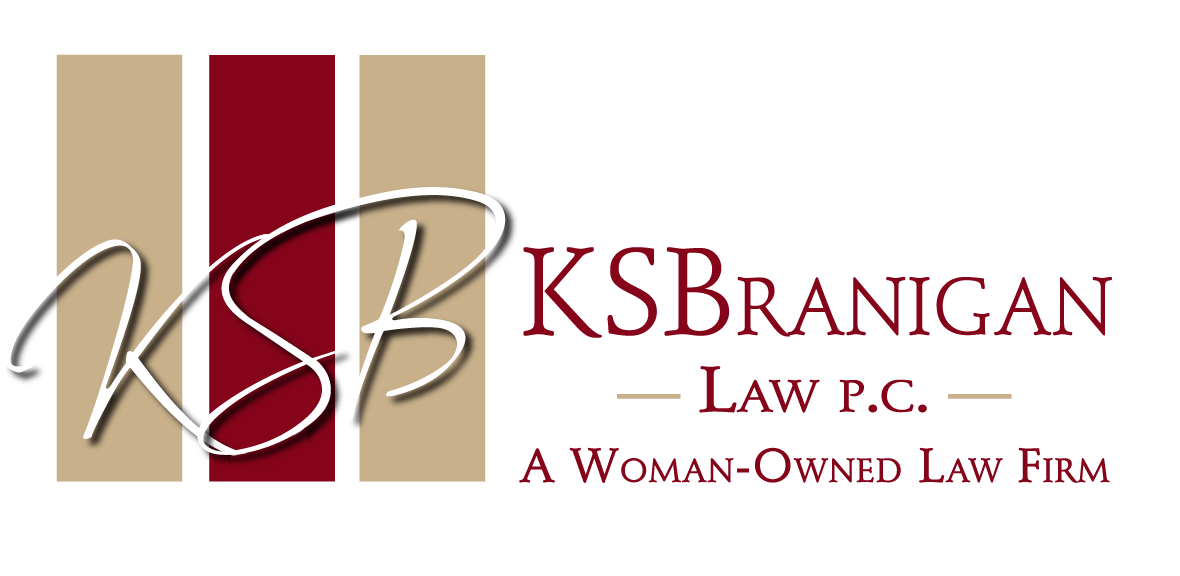Even with the COVID-19 cases down and many restrictions, such as mask mandates, lifted, for many employers, vaccine requirements remain place. As a result, employers face religious accommodation exemption requests and there are still unanswered questions. In an effort to provide some clarity to this, on March 2, 2022, the EEOC released revised guidance regarding religious exemptions.
Requests for Religious Accommodations
Although employees who seek a religious or reasonable accommodation must request it, they are not required to use any magic words. However, an employee must explain the conflict between the vaccine requirement and the religious basis for it. The same applies if employees have a religious conflict with a particular vaccine or want to wait until an alternative version or specific brand is available. As a best practice, employers should provide all employees and applicants with information about whom to contact and the proper procedures for requesting a religious accommodation.
Evaluating Whether a Religious Belief is Sincerely Held
An employer should proceed on an assumption that the request is based on a sincerely held religious belief. However, if an employer has an objective basis for questioning either the religious nature or the sincerity of a particular belief, the employer may make a limited factual inquiry and seek additional supporting information. An employee who fails to cooperate with an employer’s reasonable requests for verification of the sincerity or religious nature of the belief will be at a disadvantage and risk losing any subsequent claim that the employer improperly denied an accommodation.
While the definition of religion is broad, protecting both traditional and nontraditional beliefs and even ones that are unfamiliar, Title VII does not protect social, political, or economic views or personal preferences. Thus, objections to COVID-19 vaccination requirements that are purely based on social, political, or economic views or personal preferences, or any other nonreligious concerns (including about the possible effects of the vaccine), do not qualify as religious beliefs, practices, or observances under Title VII.
Whether a religious belief is sincerely held is “largely a matter of individual credibility.” Factors that may undermine an employee’s credibility include:
-
Whether the employee has acted in a manner inconsistent with the professed belief (although employees need not be scrupulous in their observances);
-
Whether the accommodation sought is a particularly desirable benefit that is likely to be sought for nonreligious reasons;
-
Whether the timing of the request renders it suspect (for example, it follows an earlier request by the employee for the same benefit for secular reasons); and
-
Whether the employer otherwise has reason to believe the accommodation is not sought for religious reasons.
An individual’s beliefs and practices may change over time such that an employee’s newly adopted or inconsistently observed practices may be sincerely held. No single factor is determinative and employers should evaluate all religious objections on an individual basis.
Assessing Undue Hardship
An employer should consider all possible reasonable accommodations, including telework and reassignment. If an employer demonstrates that it is unable to reasonably accommodate an employee’s religious belief, practice, or observance without an “undue hardship” on its operations, then Title VII does not require the employer to provide the accommodation. Under the law, an employer does not need to bear more than a “de minimis” (minimal) cost to accommodate an employee’s religious belief. Costs to be considered include:
-
Direct monetary costs;
-
The burden on the employer’s ability to conduct business; and
-
The risk of the spread of COVID-19 to other employees or to the public.
Undue hardship may exist where the proposed accommodation would:
-
Violate Federal law;
-
Impair workplace safety;
-
Diminish efficiency in other jobs; or
-
Cause coworkers to carry the accommodated employee’s share of potentially hazardous or burdensome work.
An employer should consider the particular facts of each situation and how much cost or disruption the employee’s proposed accommodation would involve. The employer should not rely on speculative or hypothetical hardship but, rather, should rely on objective information.
An employer may also consider:
-
The type of environment in which the employee works (i.e., indoors/outdoors, working in solitary/group setting, whether the employee has close contact with other employees or members of the public or those who may be medically compromised/vulnerable);
-
The number of employees who are seeking a similar accommodation;
-
The type of workplace;
-
The nature of the employee’s duties;
-
The location in which the employee must or can perform those duties;
-
The number of employees who are fully vaccinated;
-
The number of employees and nonemployees physically enter the workplace;
-
The number of employees who will, in fact, need a particular accommodation; or
-
The cumulative cost or burden of granting accommodations to other employees.
Granting Requests and Providing Accommodations
An employer is not required to provide the employee with the requested accommodation if another accommodation would be effective in eliminating the religious conflict without undue hardship. While an employer should consider the employee’s preference, the employer is not obligated provide the employee’s preferred accommodation.
An employer’s proposed accommodation will not be “reasonable” if the accommodation requires the employee to accept a reduction in pay or some other loss of a benefit or privilege of employment (i.e., unpaid leave) and there is a reasonable alternative accommodation that does not require that loss and would not impose an undue hardship on the employer’s business. If the employer denies the employee’s proposed accommodation, the employer should explain to the employee why the preferred accommodation is not being granted.
An employer should consider all possible alternatives to determine whether exempting an employee from a vaccination requirement would impose an undue hardship.
The obligation to provide religious accommodations absent undue hardship is a continuing obligation that allows for changing circumstances. Beliefs or practices may change over time resulting in new requests for accommodations. Similarly, an employer may discontinue a previously granted accommodation if it is no longer utilized for religious purposes, or if a provided accommodation subsequently poses an undue hardship on the employer’s operations due to changed circumstances. An employer must consider whether there are alternative accommodations that would not impose an undue hardship. The employer should discuss with the employee any concerns about continuing a religious accommodation before revoking it.
This summary is for informational purposes only and is not intended to constitute legal advice. This information should not be reused without permission.


